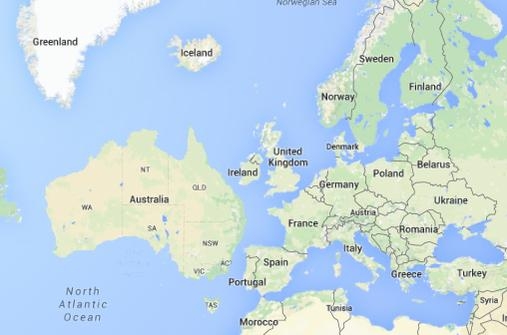All you want from Europe is free trade, cheap flights and the Eurovision Song Contest – the rest is bureaucracy. One of the contest’s many strengths is its generous, expansive definition of ‘European’. Its soft power is awesome, and effective. It reaches out to countries banging on the door of the West – nations the European Union itself is too sniffy, paranoid and insular to include.
This has led to several historic occasions, underling Eurovision’s status as the world’s premiere forum for the collision of politics and culture, where hatchets are buried (or dug up) and new alliances struck. Israel has been contesting since 1973, and its giving 12 points to Germany in 1982 was a landmark in rapprochement between the two nations. Dana International’s victory in 1998 showcased Israel’s avant-garde side to a world that had come to associate the country only with war. Turkey’s 2003 victory marked the high point of its desire to join Europe. Ukraine’s victory in 2004 anticipated its Orange Revolution.
So yes, unusual countries do join Eurovision – its appeal is mammoth, and its arms stretch out wider than that of the EU. This year they will be embracing another new member: Australia.
It’s not as mad as it sounds. The Aussies love Eurovision and have watched it for decades. Gina G, an Australian, represented Britain in 1996 with Ooh Aah… Just a Little Bit – a UK No1 which fared pretty well (finishing 8th, teeing us up for Katrina’s subsequent victory). Last year’s Song Contest in Copenhagen saw a million Australian viewers tune into what is already the world’s most-watched cultural event. So culturally, Australia joining makes sense – it is on Eurovision’s wavelength (in a way that America simply is not). The Aussies’ famous sense of humour and lack of pretentiousness makes them a perfect fit. So this year the EBU, which runs Eurovision, has granted Australia the right to sing in the final.
But I should sound a note of warning to the Aussie Eurovision fans. The EBU has allocated Australia a slot in the Grand Final (on 27 May) – so they won’t have to qualify through the two semi-finals. This augurs ill. Britain goes straight into the final, because the BBC pays so much cash to the EBU. But that means we get lazy, send dreadful songs and usually finish at the bottom. Countries who take Eurovision seriously let voters pick a candidate. Sweden’s Melody Festival (whose 2nd round I’m heading off to see next week) even has foreign judges helping choose its winner, mindful that the successful Eurovision song as to cross a great many cultural boundaries.
The Aussies won’t have had much time to prepare –16 March is the song deadline – but in granting them a slot in the final the EBU has not really done them a favour. As Britain’s woeful performance shows, a guaranteed slot in the final normally means a weak entry and a ‘nul points’ on the evening. If they’ll win, next year’s contest will be in Sydney (and may be asked to bail out Greece). But if they don’t, then this will be a one-off.
Anyway, it’s a reminder: the Euro may be in meltdown. But it’s great to see the Eurovision Song Contest going from strength to strength.







Comments